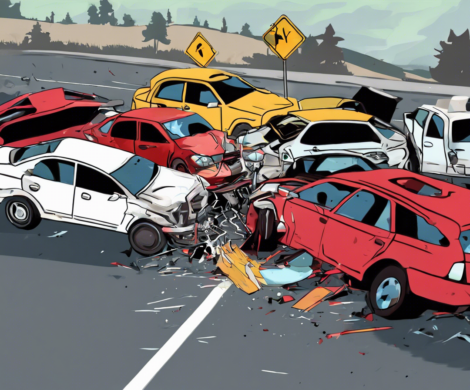Gadar Movie: A Timeless Bollywood Classic

Introduction
Gadar: Ek Prem Katha is a Bollywood movie that was released in 2001 and directed by Anil Sharma. Starring Sunny Deol and Ameesha Patel in lead roles, the movie is set against the backdrop of the Partition of India in 1947. The film’s storyline revolves around a love story between a Sikh man, Tara Singh, and a Muslim woman, Sakina, during the partition, and the obstacles they face due to the communal tensions and violence of the time.
Plot Synopsis
The film starts with the lead characters, Tara Singh and Sakina, meeting and falling in love in the pre-Partition era in Lahore. However, as India gains independence and the partition approaches, they find themselves on opposite sides of the religious divide. Tara and Sakina must navigate the violent and chaotic aftermath of the partition while trying to protect their love and family.
The movie showcases the struggles of the protagonists as they face societal norms, family expectations, and the harsh realities of partition violence. Gadar highlights the sacrifices made by individuals in the name of love, and the lengths people go to protect their loved ones amidst social upheaval.
Themes and Message
Gadar: Ek Prem Katha is not just a love story but also a powerful commentary on the consequences of communalism, the futility of hatred, and the human cost of political decisions. The film portrays the brutality and human suffering that occurred during the partition with raw intensity.
At its core, Gadar is a narrative about love triumphing over hate, and the strength of individuals to defy societal expectations for the sake of love. It also sheds light on the human capacity for resilience and the ability to find hope and humanity in the face of adversity.
Impact and Legacy
Gadar: Ek Prem Katha was a massive commercial success at the box office and is considered one of the highest-grossing Bollywood films of all time. The film struck a chord with audiences for its emotional storytelling, powerful performances, and impactful portrayal of historical events.
The characters of Tara Singh and Sakina became iconic in Indian cinema, and dialogues from the movie such as “Hindustan Zindabad Tha, Hai, Aur Rahega” (India was alive, is alive, and will remain alive) became popular catchphrases. The film’s music, composed by Uttam Singh, also received widespread acclaim and songs like “Main Nikla Gaddi Leke” and “Udja Kale Kawan” are still remembered fondly by fans.
FAQs (Frequently Asked Questions)
Q: Is Gadar based on a true story?
A: Gadar: Ek Prem Katha is a work of fiction, although it is inspired by true events surrounding the Partition of India in 1947.
Q: Were there any controversies surrounding the film’s release?
A: Yes, the film faced backlash from some groups for its portrayal of historical events and its depiction of communal tensions. However, it was ultimately well-received by audiences.
Q: How did audiences and critics respond to the performances in Gadar?
A: Sunny Deol’s portrayal of Tara Singh was widely praised for its intensity and emotional depth, while Ameesha Patel’s performance as Sakina also garnered positive reviews.
Q: What is the significance of the title “Gadar: Ek Prem Katha”?
A: The word “Gadar” means rebellion or uprising in Hindi, symbolizing the defiance of societal norms and the obstacles faced by the characters in the name of love.
Q: Are there any sequels or spin-offs to Gadar?
A: As of now, there have been no official sequels or spin-offs to Gadar: Ek Prem Katha, but there have been talks of a possible sequel in the future.
In conclusion, Gadar: Ek Prem Katha remains a timeless Bollywood classic that continues to resonate with audiences for its powerful storytelling, memorable performances, and poignant message of love and resilience in the face of adversity. The film’s depiction of the Partition era serves as a reminder of the importance of unity, compassion, and the human spirit’s capacity to overcome even the most challenging circumstances.






